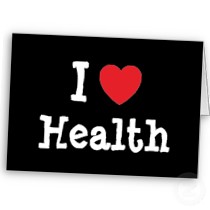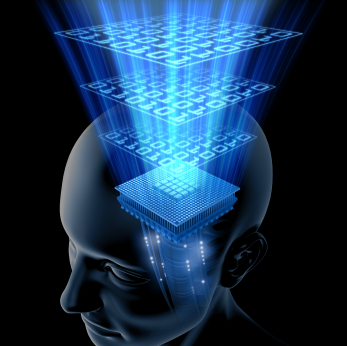Salt

Salt has been cherished for thousands of years. The words salary and soldier come to us from the latin “sal.” Soldier came from sal dare which means “to give salt” because they were given their salary (salarium) or pay in salt. In ancient Greece slaves were traded for salt, hence the phrase “not worth his salt.” Biblically we have the “covenant of salt” and the “salt of the earth.” In medieval times, the people were seated according to their importance by how close they were seated to the salt.
Since the late 70’s the public has been warned about the dangers of eating salt. Similar to the idea that eating saturated animal fats is bad for you, this has not been entirely justified by research. There are as many or more studies that show that not enough salt is worse for you than too much salt. A meta analysis by the Cochrane Review is 2011 involving 6,250 subjects, for instance, found no strong evidence that cutting salt intake reduces the risk for heart attacks, stroke, or death1. A large study termed Intersalt published in 1988 compared sodium intake with blood pressure in 52 international research centers and found no relationship between sodium intake and the prevalence of hypertension2. Other large studies showed lowering salt had minimum effects on blood pressure, lowering it only 1 mm of Hg3. Another study showed lowering salt lowered blood pressure but raised cholesterol, triglycerides and renina, kidney hormone. And yet there are other studies that say that too much salt does have negative effects. Our bodies need salt. Evidently, however, like anything else it is possible to take in too much salt.
Salt has many vital functions in the body . Dr. Batmanghelidj MD author of Water: Rx for a Healthier Pain-Free Life does a good job of addressing these. Here are a few of salt’s functions:
1. Vital for water balance in the body
2. Vital for nerve cell function
3. Vital for absorption of food particles, through the intestinal tract
4. Is a strong antihistamine
5. Prevents muscle cramps
6. Prevents excess saliva and associated “double chin”
7. Prevents osteoporosis
8. Natural sleep acid
9. Stops persistent dry cough
10. Prevents gout
11. Vital for adrenal gland function
12. Vital for maintaining sexuality and libido
13. Prevents varicose and spider veins
14. Essential for the brain to function
15. Stabilizes irregular heart beat
16. Vital for balancing blood sugar
17. Vital for electrical energy production in the cell and cell membrane
18. Vital for kidney function
There are evidently some populations that have a more genetically sensitive nature to too much salt than others. There are also “salt sensitive” individuals. Most of these have kidney problems. Their kidney problems are often the reason why they have high blood pressure in the first place so it is no surprise that salt might produce a negative effect on these people. The problem here is not the salt. It’s the kidneys that need fixed.
Maintaining a proper salt balance in the body is very important. The adrenals glands and kidneys play the largest role in regulation of this balance. Having not enough salt in the diet or having too much salt in the diet can both place added stress on these organs. Eat salt but eat it in moderation. And make sure you eat a good salt in a more natural form such as sea salt. (Technically pretty much all salt is sea salt. The salt that we mine was deposited from ancient seas. However by the time it is heated up (1200° F) and processed it has lost many important minerals and has had additives like aluminum added.) Too much unnatural processed salt requires a great deal of water to neutralize and this can contribute to fluid retention and kidney and gall stones.
Salt is important to many biological processes. Your health problem may have to do with a lack of good salt in your system. It may be from something else. Cause Point Correlative Testing can give you a good idea if your body requires more salt or minerals or adrenal gland or kidney support so that you can regain your proper salt and mineral balance. It can also find out what is wrong if it isn’t due to problem with salt. Call 260-459-6160 for an appointment.











